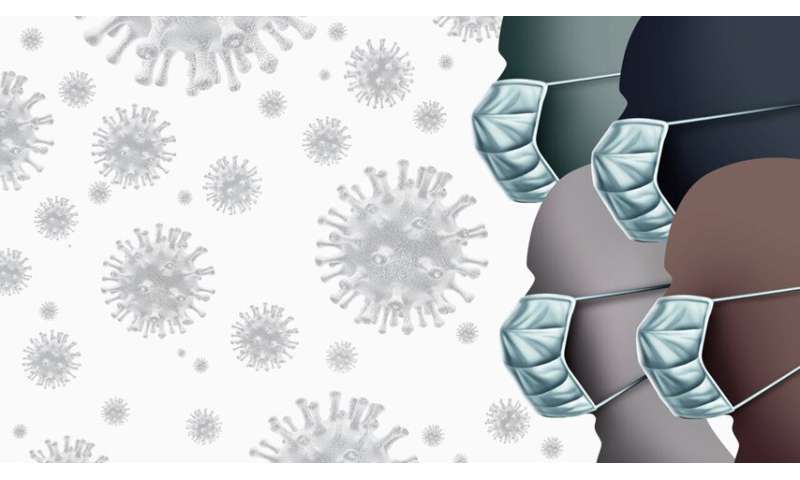
The coronavirus probably has a stronger ability to spread than the World Health Organization has estimated so far. This according to a review of previous studies of the coronavirus’ transmissibility performed not least by researchers at Umeå University in Sweden.
“Our review shows that the coronavirus is at least as transmissible as the SARS virus. And that says a great deal about the seriousness of the situation,” says Joacim Rocklöv, professor of sustainable health at Umeå University and one of the authors of the study.
The World Health Organization estimates that the coronavirus has a transmissibility, expressed as a reproduction number, of between 1.4 and 2.5. A reproduction number is a measurement of how many people a contaminated person transmits the virus to in a previously healthy population. The higher the number, the more transferable the virus is and the higher the risk for rapid spread. When the reproduction number falls below 1.0, the epidemic is likely to die out.
Researchers in Umeå in Sweden, Heidelberg in Germany, and Zhangzhou in China have carried out a review of several scientific studies of the novel coronavirus, COVD-19. In total, the researchers found 12 studies of sufficiently high quality. The studies consisted of estimations of the growth rate based upon the cases observed in the Chinese population, and based upon statistical and mathematical methods.
The earliest studies of the coronavirus indicated a relatively low transmissibility. Thereafter, the transmissibility rose rapidly to stabilise between 2–3 in the most recent studies. The reproduction number in the studies summed up to a mean of 3.28, and a median of 2.79, which is significantly higher than the World Health Organization’s estimation of 1.4–2.5.
“When looking at the development of the corona epidemic, reality seems to correspond well to or even exceed the highest epidemic growth in our calculations. Despite all intervention and control activities, the coronavirus has already spread to a significantly higher extent than SARS did,” says Joacim Rocklöv.
Source: Read Full Article
